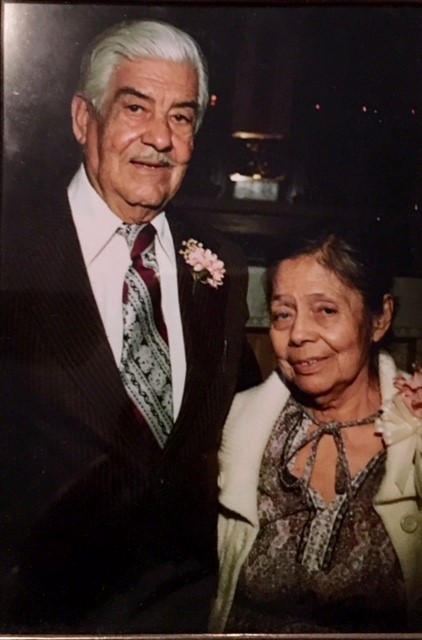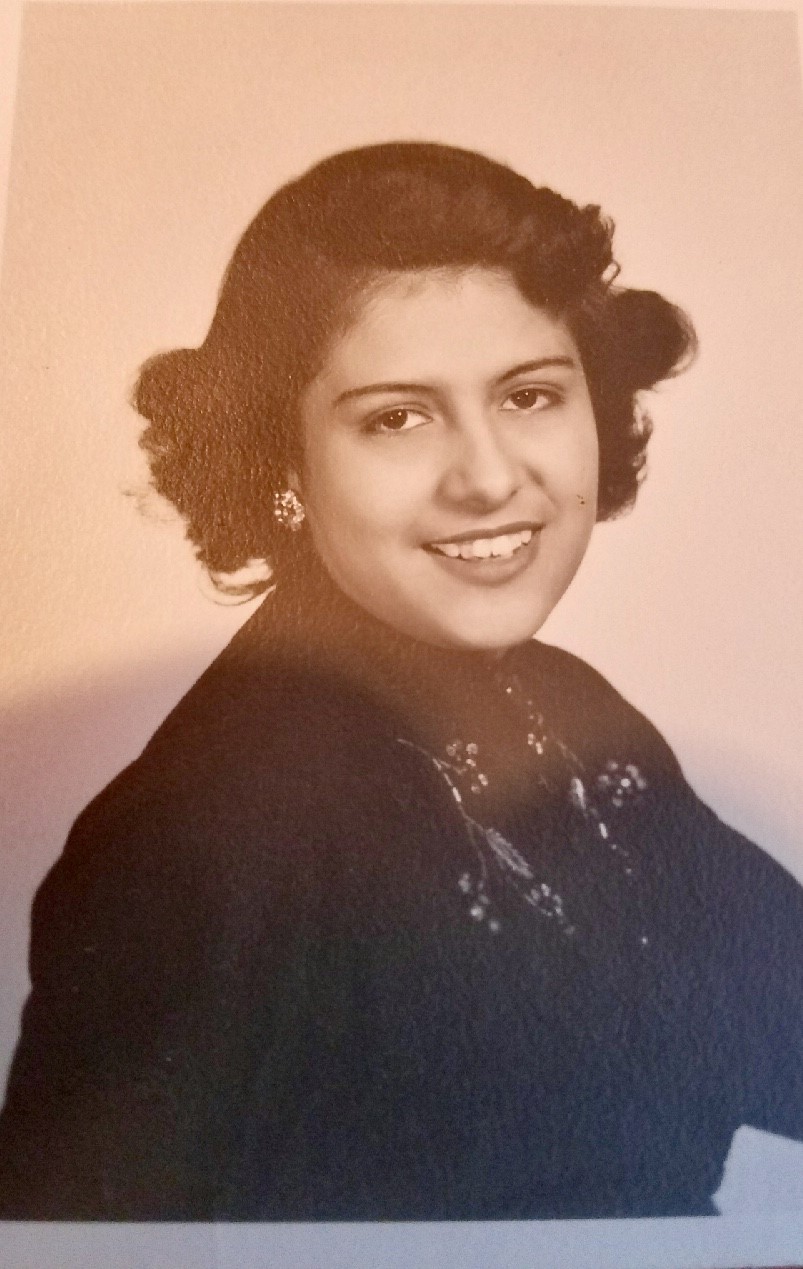By Carmen Eiker of Carrington Coleman
When presented with the opportunity to contribute to this series, almost instinctively that little voice inside my head said: “Are you Hispanic enough to be included? Or more accurately am I perceived as being Hispanic enough?”
I do not have a Spanish surname. I am not bilingual. People often do not look at me and make a snap decision about my heritage; and if they do, they often guess incorrectly. While some might question my “Hispanic-ness,” my maternal grandparents from Mexico, Salvador and Carmen Negrete, certainly would not.

While my challenges have not been the same as theirs, they are a part of me. My grandfather came to this country almost a hundred years ago, still in his teens. With no family here, he made his way on his own through hard work and native intelligence. Working at various jobs, including the coal mines of West Virginia, he ultimately would become the owner of his own automotive repair shop in Longview, Texas.
Their daughter, my mother, Juanita Negrete Eiker, had the experience of many first-generation Americans born of immigrant parents. She was a bridge between the old world and the new. And as the oldest of her siblings, her parents depended on her greatly to help them navigate their everyday lives in their new home country.
A public school student long before English as a Second Language was part of the curriculum, she learned English quickly, and for a while served as translator for her parents as needed while they were learning English. But even though Spanish may have still been spoken at home, she was taught at school and through life lessons in the outside world that assimilation was the path to success.

For that reason, my siblings and I are not bilingual. Also, we were raised for the most part in Gettysburg, Pennsylvania, where my father’s family had lived for generations. The Eikers like many in that area were of German ancestry, and while living there I ate more sauerkraut and apple strudel than enchiladas and sopapillas. As is the case in most of the country now, demographics in that area have changed, but at that time there were very few Hispanics with whom to speak Spanish.
In retrospect some may question my mother’s decision not to raise her children as bilingual, but she made the best choice she could under the circumstances at the time. Who could have guessed, that attitudes would change within her lifetime and being bilingual would be considered a positive not a negative?
When I was in high school and my parents moved back to Longview I was able to learn about and embrace my Mexican heritage and culture of my grandparents. A process that continues for me to this day.
In that process, I’ve learned that there is not just one model of the Hispanic experience. Some may try to paint the story of all first- and second-generation Americans with a broad brush, but the experience of each family, and each member of that family, is varied and unique to that individual.
While my experience may be different from others, it is one in which I take great pride. Even though my look and voice may not match other’s expectations of “Hispanic,” my heritage is not “less than” anyone else’s and most importantly – it is mine.
Carmen Eiker is a family law and family wealth attorney with the Dallas office of Carrington Coleman Sloman & Blumenthal LLP. She is Board Certified in both Family Law and Civil Trial Law by the Texas Board of Legal Specialization.
Editor’s Note: If you have a story to tell about Hispanic Heritage Month, please submit the article to mark.curriden@texaslawbook.net.
